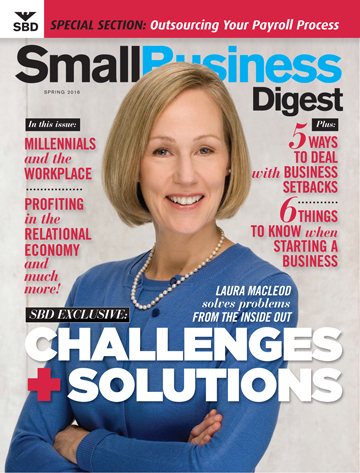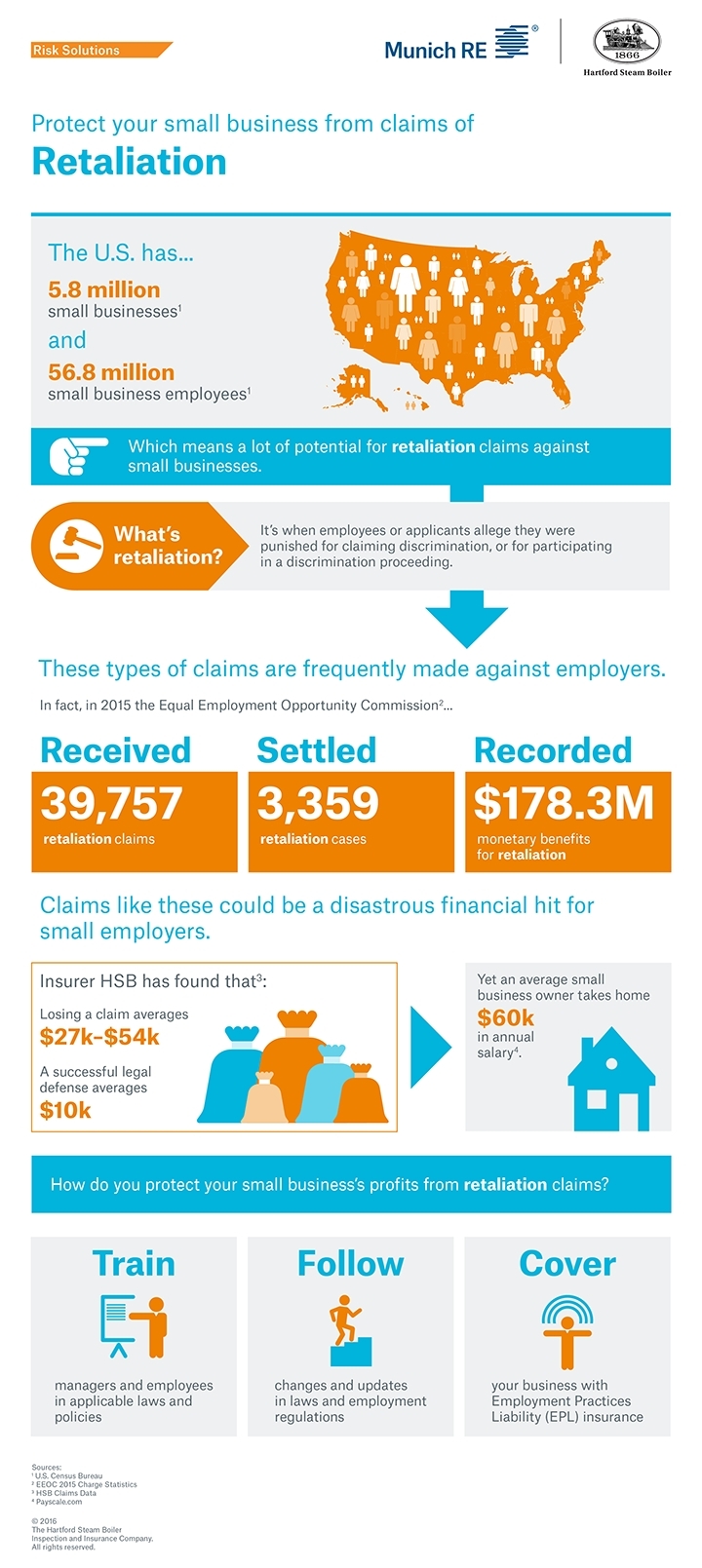7 Ways To Become A People Person, Better Manager
In the words of a legendary fairy tale, maybe you're Grumpy, maybe you're Bashful, or maybe you're just not all that Happy.
No big deal, because you're terrifically Talented, and everyone knows it, right?
Vicky Oliver, job interview consultant, and author of five career development books, says, “Not in the real world, no. When it comes to getting promoted, you're more likely to be chosen if your boss counts "people person" among your many assets. In fact, a recent study that followed 20,000 recent hires found that nearly half of them (46 percent) failed within 18 months--and it wasn't because they lacked skills. Eighty-nine percent of the time it was for attitudinal reasons: inability to be coachable and get along with others.”
Oliver adds that contrary to what many believe, anyone can become a people person--that is, anyone can acquire the behavioral skills others find attractive and compelling. People may not feel at ease schmoozing with others and endearing themselves to them--but they won't know that.
Oliver offers seven skills that will make a person seem friendlier, more approachable, and come across as a more appealing employee to bosses and prospective employers.
- Act enthusiastic, even if you're not. Oliver says, “When someone tells you news she seems excited to share, be ready with a response that lets her know that you're rooting for her. "That's great" and "kudos" are always appreciated. Or just, "Wow! Thanks so much for sharing that!" When you greet people, give them a big smile and a big hello. They'll remember you as the one who seemed really happy to see them and made them feel good.”
- Check baggage at the door. Everyone has rough days. Maybe the person fought with his beau this morning, or left her favorite tote bag on the commuter train. People might be surprised to discover that the most cheerful, upbeat people have plenty to gripe about, too. They just don't, and that's the difference between being a positive "can do" person and an energy drainer. Worry about worries later, when at home.
- Be social with media. Oliver says, “Now that you have a professional network, keep it alive by sharing an occasional link to an article you think might be beneficial, or by sending an email about a professional event that piques your interest, with an invitation to join you. Your social friends and fans may not respond or they may decline your invitation, but they will remember that you reached out.”
- Cultivate acquaintances. Acquaintances are people who may not care so much whether you lost your favorite tote bag, but they will remember that you shared a professional contact with them, or discussed their job goals at the last networking event you both attended. Get in the habit of making small talk with everyone you meet, and trade business cards with them. These people will become your allies who can open professional doors.
- Listen harder, talk less. One of the easiest ways to be perceived as a people person is to listen more. People love to talk about themselves. They see superb listeners as smart, empathetic people. Being a great questioner is also good for you--as long as you keep asking questions about the other person.
- Take acting lessons. Find an acting class in your community, and give it a try. Acting classes help build confidence along with communication skills. People will learn how to modulate the voice, and quickly confront presentation fears. Acting training can also help people see themselves as others do, giving the person a degree of self-knowledge that few possess in the corporate world.
- Practice circumspection. Oliver says, “If you're the type who visibly bristles when you receive negative feedback, or grimaces when a coworker says or does something you disapprove of, it's a good idea to learn how to keep a poker face and keep your mouth closed. You're smart enough to stop making knee-jerk comments or reacting with snap judgments. Recognize that you can learn from constructive criticism, and sometimes, by requesting it early on in the process and adjusting to it, it can prevent big problems in your career. You're free to think the person criticizing you is an idiot, of course, but never let your words and expression betray you.”
She concluded by saying, “With some attention and a lot of practice, you might just become a people magnet!”




